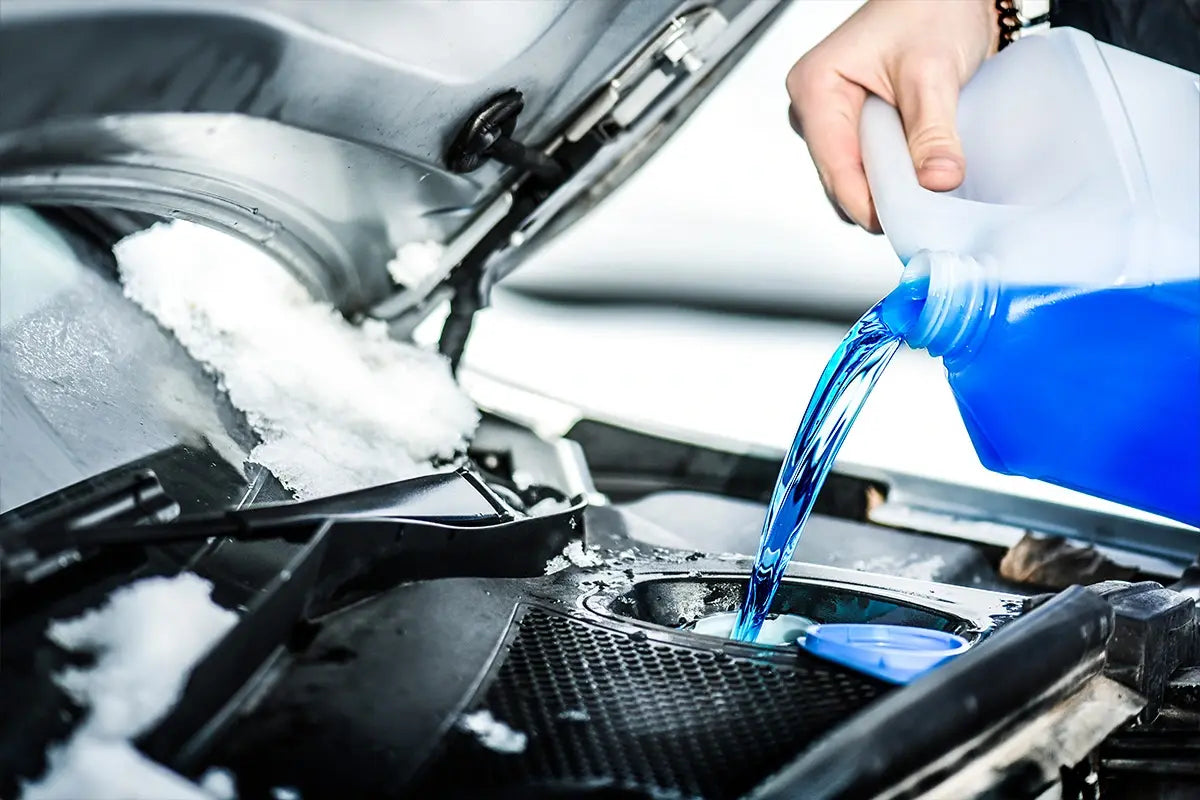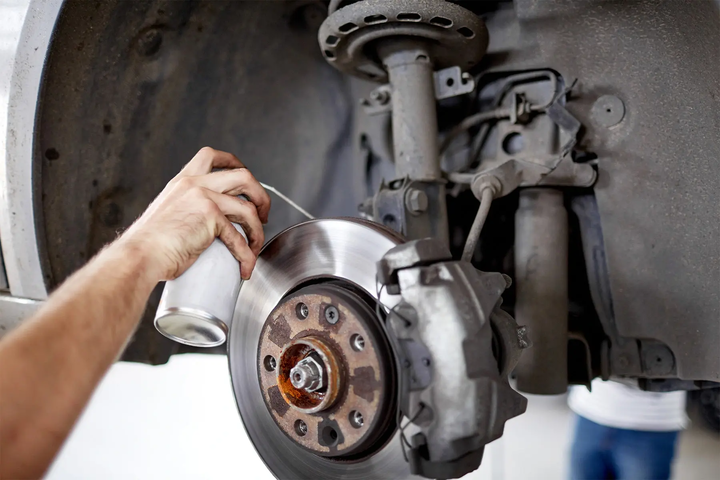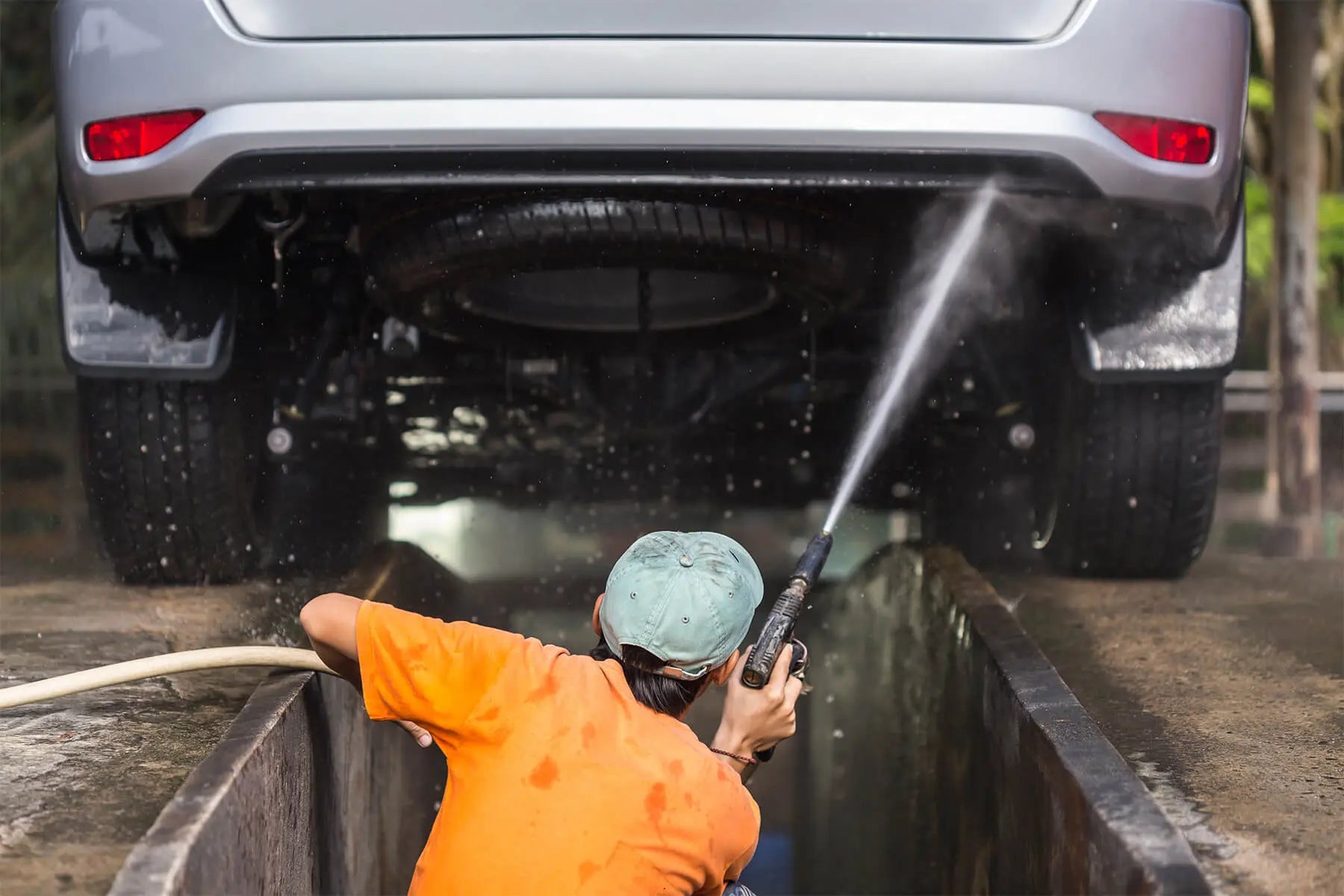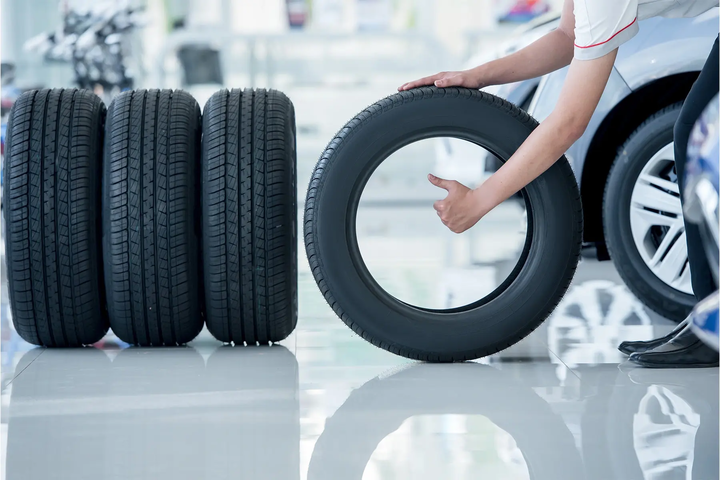
Winter weather puts additional demand on your vehicle's fluids. Fluids that aren't built for freezing will travel more slowly or freeze in your system when the temperature drops. If you reside in an area with frigid winter weather, ensure that the fluids in your automobile are up to the task. Read on to learn more in this article of shine armor blog!
You should routinely check the fluids in your automobile throughout the winter, including five essential car fluids;
Brake fluid, Coolant, Fluid for Transmission, Engine Oil, and Windshield Washer Fluid.
Let's take a closer look in more detail;
Keeping your engine well-oiled and lubricated is crucial if you want your car to last a long time and many kilometers. The viscosity of a lubricant is the most vital component in determining the condition of an engine. Knowing how your lubricants react to winter is vital since density is critical to keeping your car in good condition.
Brake FluidWhen you press the brake pedal, it causes the master cylinder's brake plunger to move. The brake pads slow your vehicle by applying pressure to the brake fluid, which the pressure forces out of its reservoir in the brake lines. The brake fluid level decreases typically as the brake pads deteriorate. Check your brakes and top off the fluid if it drops below the minimum indicator. The brake fluid level may be checked quite simply by a mechanic.
CoolantOne of the most crucial fluids to check in an automobile is the coolant. The engine is protected from overheating in the summer and freezing in the winter, thanks to coolant or anti-freeze. The coolant's anti-corrosive, anti-foam, and anti-deposit properties are also noteworthy. Newer vehicles should have their anti-freeze checked at 40,000 miles because it degrades over time. Check for acidity, freezing and boiling protection, rust, and leaks, even if the cooling system appears to be operating normally.
Fluid for Transmission
Clutches, gears, and valves are just some transmission components that lubricate and keep cool. Low levels can lead to shifting difficulties and unpredictability in the surge.
Engine Oil
Oil plays a crucial function in ensuring the engine's smooth operation by keeping its moving parts lubricated as they do thousands of rotations per minute. Oil is one of the most crucial components of your vehicle. It's dangerous to drive with no oil or a low oil level.
Relevant Product: Performance Booster Oil Additive
Windshield Washer Fluid
Even though having a clean windshield is crucial to maintaining control of the vehicle, washer fluid is rarely given the attention it deserves. The frequency at which you should check the windshield washer fluid is proportional to the frequency at which you use the windshield wiper. If you use it frequently, you should inspect it every time you fill it. There should always be two mixtures in your wiper fluid reservoir: one for the summer and one for the winter.
Relevant Products for Windshield:
Why is Cold Weather Car Fluid Care Important?
The effects of cold on your car are similar to those of winter. While we may hunker down in our warm houses, your car doesn't have the same luxury. However much you may adore your vehicle, you cannot bring it inside and warm up next to the fireplace with you. Knowing how winter impacts your car is essential in taking preventative measures.
Winter Car Fluid Maintenance Checklist
As we elaborate above, your vehicle has particular fluid needs that must be met year-round. See a reliable mechanic to check your oil, windshield wiper, automatic transmission fluid, and anti-freeze fluids to ensure your automobile is in good working order.
Lubricants are used to reduce friction between the moving parts of your vehicle's engine, which is a sophisticated mechanism. If you let the oil in your automobile get dirty, it will have to work twice as hard to maintain its smooth operation. Get your oil changed every three months or every 3000 to 4000 miles to ensure your automobile always runs on clean oil.
Winter Car Preparation Checklist
Cold weather increases demands and can worsen problems. But here are some tips;
Do a Regular Maintenance Inspection: This will keep your brakes, belts, hoses, engine, exhaust system, fluids, and filters ready for winter. Change your oil and filter every 3000–5000 miles.
Replace Windshield Wipers and Fill Fluid: Enough wiper fluid keeps your windshield clear of ice, snow, salt, and muck.
Check Your Car Battery Frequency: Have your local auto repair shop do a battery load test to avoid a dead car battery on a cold morning.
Don't forget the Tires and Check the Tire Pressure: Inspecting and maybe replacing tires for tread life is recommended. Tires include softer rubber that stays flexible in freezing temperatures and treads intended to grip snow and ice. Make sure your winter tires are filled appropriately. The standard tire pressure is 30-35 PSI, but check your owner's handbook. Rotate your tires as instructed by your professional.
Keep an eye on the Heater/Defroster: The heater and defroster must operate for driver visibility and passenger comfort. Check the fresh air button if your windows fog.
Watch Your Belts: Your belts and hoses weaken in cold weather. Make sure to check them double!
And finally, Your Emergency Kit: Winter weather can startle even the most prepared. Your care should have an emergency pack with supplies to avoid harm.
Conclusion
We all have to hit the road at some time over the holidays, and keeping up with routine and auto maintenance could be the last thing on your mind. Ultimately, ask the mechanic if you have any questions concerning your vehicle's needs. The manufacturer may have different suggestions depending on your vehicle's brand, model, and year.
Related blog posts:
- How To Remove Oxidation From Car Paint Even if it's Heavy
- How To Clean Your Car’s Engine Bay: 8 Dos and Don'ts To Observe
- How To Use A Touch Up Paint Pen (And Not Make A Mess)
- What is a Good Substitute for Car Wash Soap?
- How to Remove a Stripped Oil Drain Plug





